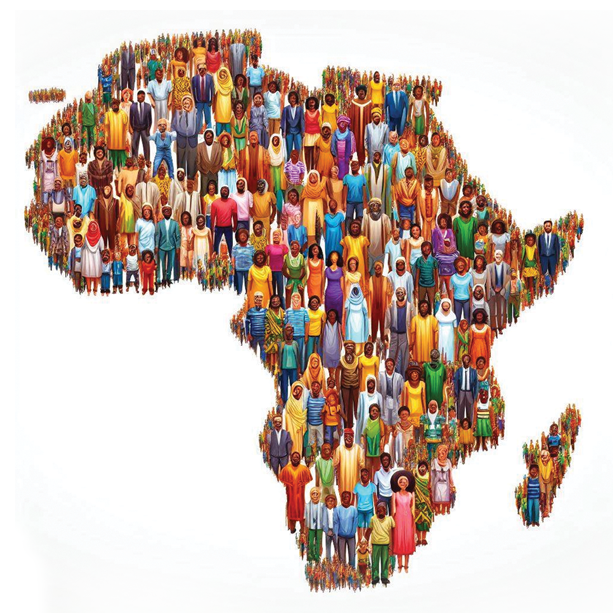Africa’s consumer landscape is undergoing a rapid transformation. With a burgeoning middle class, rapid urbanization, and increasing digital penetration, the continent is witnessing a surge in consumer spending and evolving preferences. Understanding these dynamics is crucial for businesses seeking to tap into this vast and promising market.
The Rise of the African Middle Class
A burgeoning middle class is a cornerstone of Africa’s economic growth. With rising incomes, these consumers are demanding a wider range of products and services, from fast-moving consumer goods (FMCGs) to electronics and automobiles. This demographic presents a significant opportunity for businesses to expand their market reach.
- Increasing disposable income leading to higher spending power: According to the African Development Bank, Africa’s middle class is projected to reach 425 million people by 2030. This growing consumer base represents a significant market opportunity for businesses across various sectors.
- Growing preference for branded products and services: As incomes rise, African consumers are increasingly seeking out branded products as a status symbol. A study by Kantar found that brand trust is a key factor in purchasing decisions among African consumers.
- Expanding consumer credit availability: The growth of financial institutions and digital payment platforms is expanding access to credit, enabling more consumers to purchase higher-priced goods and services.
The Digital Revolution
Africa is undergoing a digital revolution, with smartphone penetration rapidly increasing. This shift is reshaping consumer behavior, creating new opportunities for businesses to engage with customers.
- E-commerce growth and the rise of online shopping: The COVID-19 pandemic accelerated the adoption of e-commerce in Africa. According to a report by McKinsey, e-commerce in Africa is projected to reach $75 billion by 2025.
- Increased use of mobile payments and digital wallets: Mobile money services have become increasingly popular in Africa, providing convenient and secure payment options for consumers.
- Social media’s influence on consumer decision-making: Platforms like Facebook, Instagram, and TikTok have a significant impact on consumer behavior, shaping preferences and driving purchasing decisions.
- The importance of mobile-first strategies: With high smartphone penetration, businesses must prioritize mobile-friendly websites and apps to reach African consumers effectively.
Premiumization and Aspiration
African consumers are increasingly aspiring to higher living standards. This is reflected in the growing demand for premium products and services across various categories.
- The rise of luxury brands and high-end retail outlets: As incomes rise, African consumers are seeking out luxury brands to enhance their lifestyles. This has led to the expansion of luxury retail outlets in major African cities.
- Growing interest in health and wellness products: There is a growing awareness of the importance of health and wellness among African consumers, driving demand for products such as organic food, fitness equipment, and wellness services.
- Demand for premium experiences, such as travel and hospitality: As disposable incomes increase, African consumers are seeking out unique and memorable experiences, such as luxury travel and fine dining.
Cultural Nuances and Localization
Africa is a culturally diverse continent with unique consumer preferences. Businesses must adapt their strategies to resonate with local consumers.
- Understanding cultural values and traditions: Respecting local customs and traditions is essential for building trust and credibility with African consumers.
- Tailoring marketing messages to specific cultural contexts: Marketing campaigns should be culturally relevant and resonate with the target audience.
- Building trust and credibility through local partnerships: Collaborating with local businesses and influencers can help build strong brand relationships.
By carefully considering these factors and adapting their strategies accordingly, businesses can unlock the immense potential of Africa’s consumer market.



